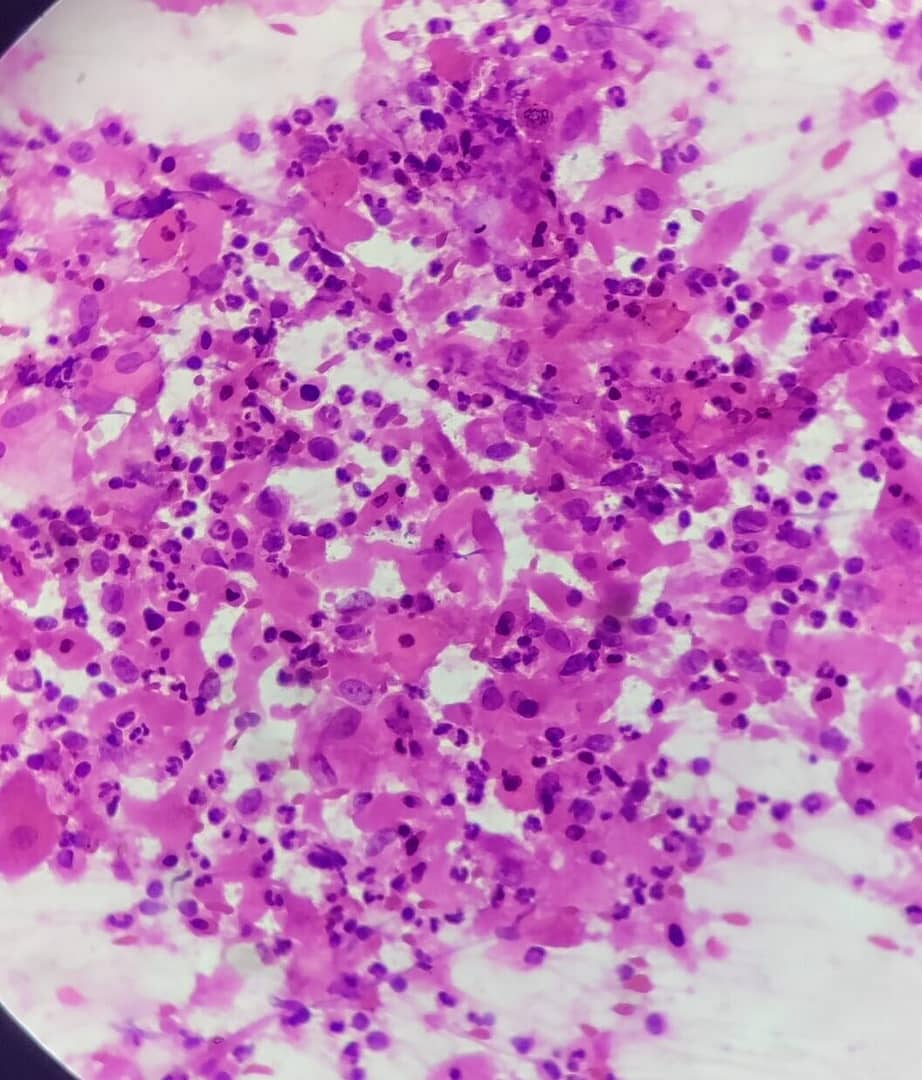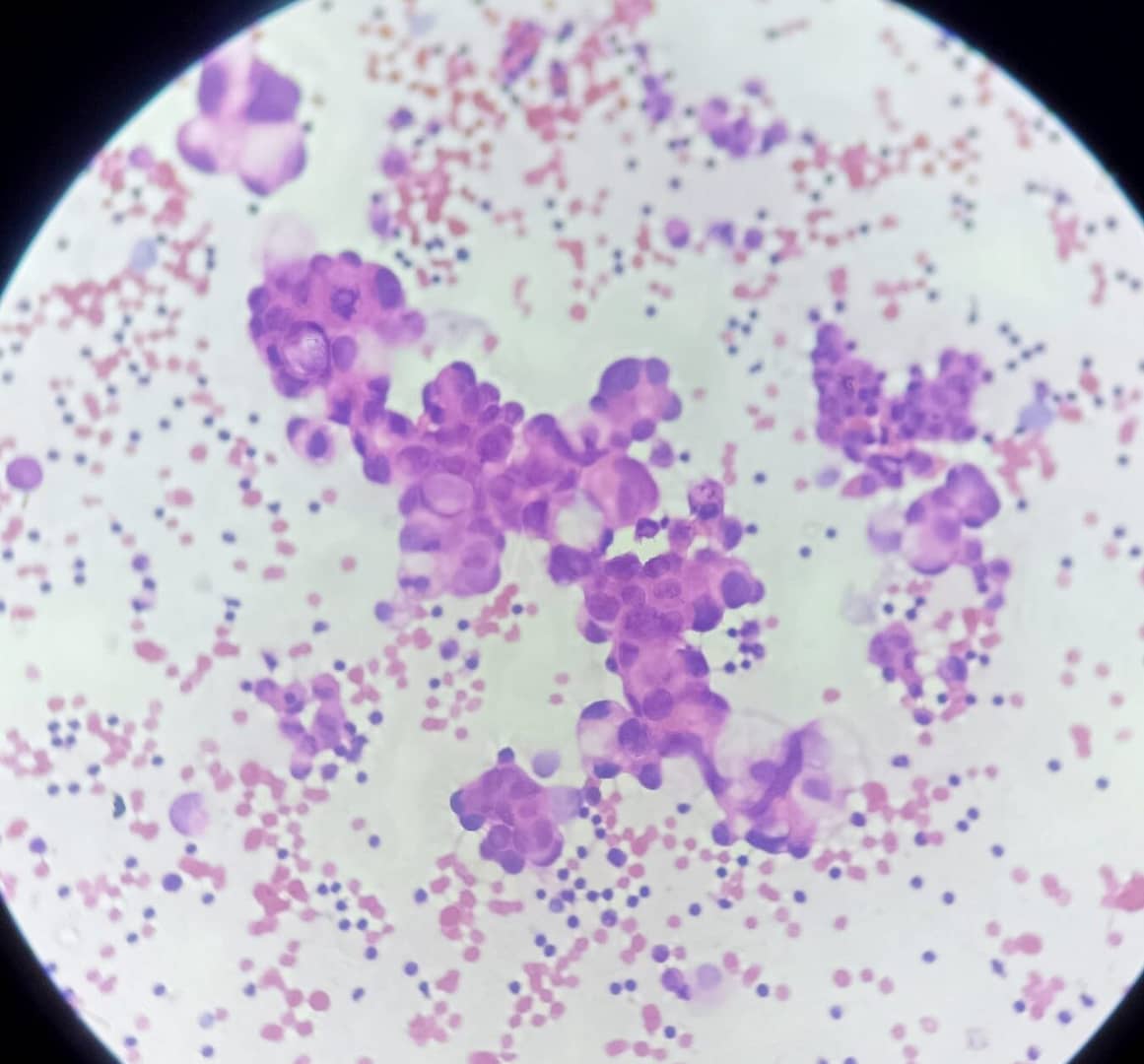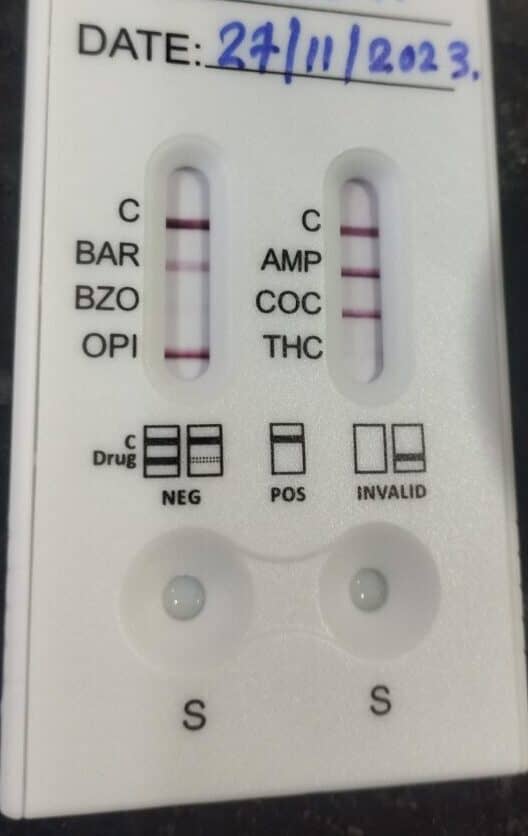CML WHO 5th edition UPDATE- key points
Acclerated phase is no longer required .
Resistance to TKI ( tyrosine kinase is important prognostic factor than Acclerated phase)
criteria for blast phase in CML
>/= 20 % Myeloid Blast in blood or bone marrow.
Presence of extramedullary prolioferation of blast
Presence of increased Lymphoblast in peripheral blood or bone marrow optial cytoff forlymphoblast is yet to be established , require more studies
The significance of low-level B-lymphoblasts remain unclear and require additional studies.
CML WHO 5th edition UPDATE- key points
Acclerated phase is no longer required .
Resistance to TKI ( tyrosine kinase is important prognostic factor than Acclerated phase)
criteria for blast phase in CML
>/= 20 % Myeloid Blast in blood or bone marrow.
Presence of extramedullary prolioferation of blast
Presence of increased Lymphoblast in peripheral blood or bone marrow optial cytoff forlymphoblast is yet to be established , require more studies
The significance of low-level B-lymphoblasts remain unclear and require additional studies.





